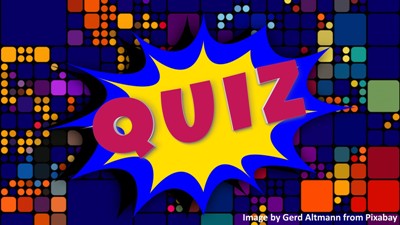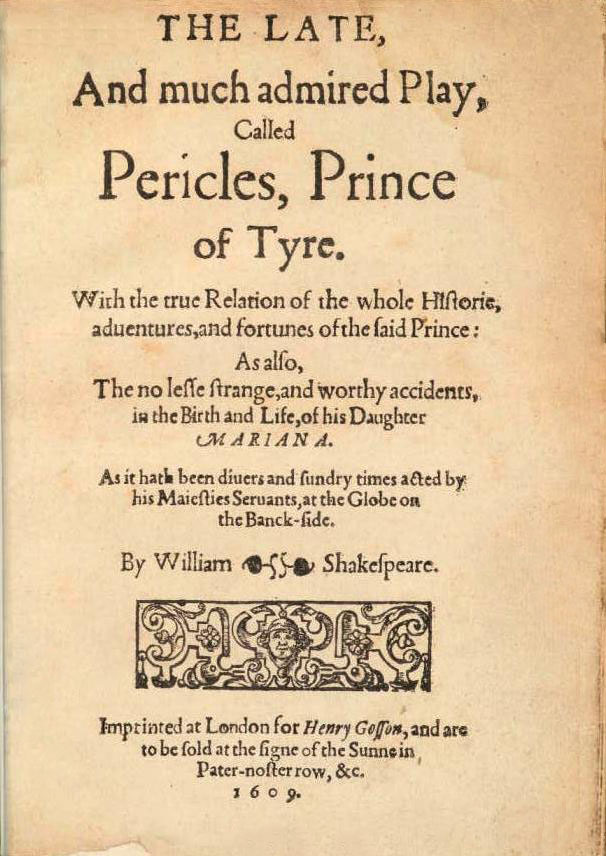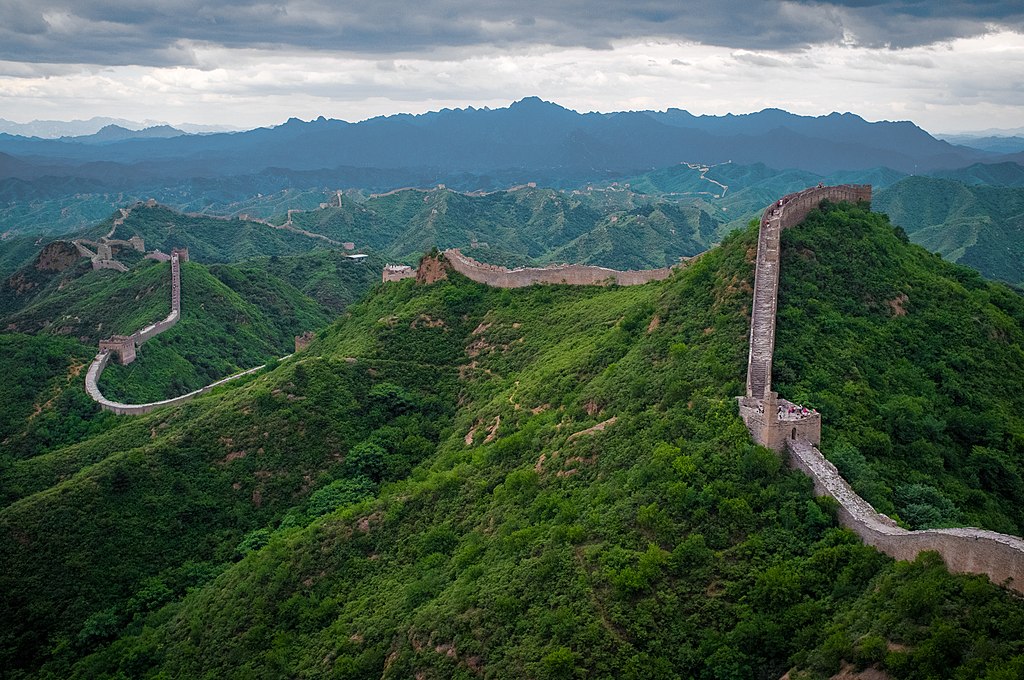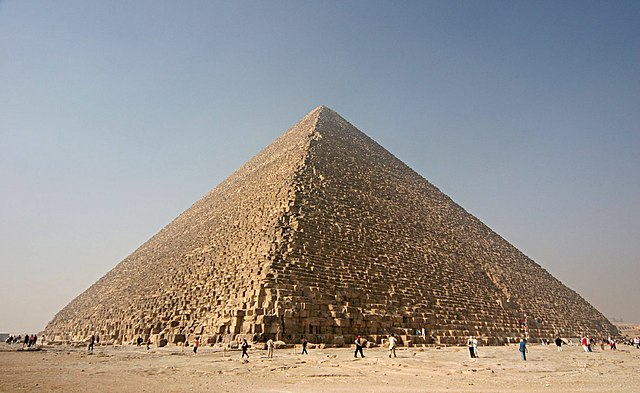Pericles Quiz Questions
1. What was Pericles’ primary role in Athenian society?
(a) General of the Athenian army
(b) Philosopher and thinker
(c) Statesman and leader
(d) Poet and playwright
2. What major architectural project was completed under Pericles’ leadership?
(a) The Parthenon
(b) The Colosseum
(c) The Great Wall of China
(d) The Pyramids of Giza
3. Which war did Pericles lead Athens into?
(a) The Persian Wars
(b) The Peloponnesian War
(c) The Macedonian Wars
(d) The Punic Wars
4. What was the primary goal of the Delian League, which Pericles led?
(a) To conquer the Persian Empire
(b) To unite all Greek city-states
(c) To protect Greece from foreign invaders
(d) To establish Athenian dominance over other Greek city-states
5. Who was the primary historian who recorded the events of the Peloponnesian War?
(a) Herodotus
(b) Thucydides
(c) Xenophon
(d) Plutarch
6. What was the name of the famous funeral oration delivered by Pericles?
(a) The Periclean Oration
(b) The Athenian Oration
(c) The Funeral Oration
(d) The Golden Age Oration
7. What was Pericles’ view on Athenian democracy?
(a) He believed it was a flawed system
(b) He believed it was the best form of government
(c) He believed it should be limited to a few wealthy citizens
(d) He believed it should be abolished
8. How did Pericles use the Delian League’s funds?
(a) To enrich himself and his family
(b) To fund public works projects in Athens
(c) To support the Spartan army
(d) To pay off Athenian debts
9. What was the primary cause of the Peloponnesian War?
(a) Economic rivalry between Athens and Sparta
(b) A dispute over the control of the Delian League
(c) A religious conflict between the two cities
(d) A personal grudge between Pericles and Spartan leaders
10. What was the fate of Pericles at the end of the Peloponnesian War?
(a) He was exiled from Athens
(b) He was executed by the Athenian people
(c) He died of plague
(d) He was captured by the Spartans
11. How did Pericles contribute to the development of Athenian culture?
(a) By promoting the arts and sciences
(b) By suppressing free speech and dissent
(c) By imposing strict religious laws
(d) By isolating Athens from other Greek city-states
12. What was Pericles’ relationship with the Athenian people?
(a) He was deeply respected and admired
(b) He was feared and hated
(c) He was largely indifferent to their needs
(d) He was a divisive figure who could not unite the people
13. What was the primary source of Athens’ wealth during Pericles’ time?
(a) Agriculture
(b) Trade
(c) Mining
(d) Piracy
14. How did Pericles’ policies contribute to the decline of Athenian democracy?
(a) By limiting the power of the assembly
(b) By promoting equality among all citizens
(c) By encouraging participation in government
(d) By strengthening the role of the courts
15. What was the significance of the Parthenon to Athenian society?
(a) It was a symbol of the city’s wealth and power
(b) It was a place of worship for the Athenian people
(c) It was a military fortress
(d) It was a public marketplace
16. What was the primary purpose of the Athenian navy during Pericles’ time?
(a) To protect the city from foreign invaders
(b) To control trade routes in the Mediterranean
(c) To collect taxes from other Greek city-states
(d) To transport troops to battle
17. How did Pericles’ policies contribute to the growth of Athenian imperialism?
(a) By promoting peace and diplomacy with neighboring states
(b) By weakening the Athenian navy
(c) By limiting the power of the Athenian assembly
(d) By expanding Athenian control over other Greek city-states
18. What was the impact of the Peloponnesian War on Athenian society?
(a) It led to a period of peace and prosperity
(b) It weakened the Athenian empire and led to its decline
(c) It strengthened Athenian democracy
(d) It had little impact on Athenian society
19. How is Pericles remembered today?
(a) As a tyrant who oppressed the Athenian people
(b) As a military leader who was defeated in battle
(c) As a statesman who helped to create a golden age for Athens
(d) As a philosopher who had little impact on the world
20. What was the name of the Athenian assembly?
(a) The Senate
(b) The Ecclesia
(c) The Agora
(d) The Boule
Answer: B
21. Who was Pericles’ most famous mistress?
(a) Aspasia
(b) Helen of Troy
(c) Penelope
(d) Medea
22. When did Pericles live?
(a) 5th century BCE
(b) 4th century BCE
(c) 3rd century BCE
(d) 2nd century BCE
23. What was the role of women in Athenian society during Pericles’ time?
(a) Equal to men in all aspects of life
(b) Limited to domestic roles
(c) Allowed to participate in politics
(d) Able to own property and inherit wealth
24. What was the Golden Age of Athens?
(a) A period of peace and prosperity under Pericles’ leadership
(b) A time of war and conflict
(c) A period of economic decline
(d) A time of religious upheaval
25. What was the main theme of Pericles’ Funeral Oration?
(a) The greatness of Athens
(b) The importance of military might
(c) The power of individual achievement
(d) The value of democracy
Pericles Quiz Questions with Answers
1. What was Pericles’ primary role in Athenian society?
(c) Statesman and leader
2. What major architectural project was completed under Pericles’ leadership?
(a) The Parthenon
3. Which war did Pericles lead Athens into?
(b) The Peloponnesian War
4. What was the primary goal of the Delian League, which Pericles led?
(b) To unite all Greek city-states
5. Who was the primary historian who recorded the events of the Peloponnesian War?
(b) Thucydides
6. What was the name of the famous funeral oration delivered by Pericles?
(c) The Funeral Oration
7. What was Pericles’ view on Athenian democracy?
(b) He believed it was the best form of government
8. How did Pericles use the Delian League’s funds?
(b) To fund public works projects in Athens
9. What was the primary cause of the Peloponnesian War?
(a) Economic rivalry between Athens and Sparta
10. What was the fate of Pericles at the end of the Peloponnesian War?
(c) He died of plague
11. How did Pericles contribute to the development of Athenian culture?
(a) By promoting the arts and sciences
12. What was Pericles’ relationship with the Athenian people?
(a) He was deeply respected and admired
13. What was the primary source of Athens’ wealth during Pericles’ time?
(b) Trade
14. How did Pericles’ policies contribute to the decline of Athenian democracy?
(a) By limiting the power of the assembly
15. What was the significance of the Parthenon to Athenian society?
(a) It was a symbol of the city’s wealth and power
16. What was the primary purpose of the Athenian navy during Pericles’ time?
(a) To protect the city from foreign invaders
17. How did Pericles’ policies contribute to the growth of Athenian imperialism?
(d) By expanding Athenian control over other Greek city-states
18. What was the impact of the Peloponnesian War on Athenian society?
(b) It weakened the Athenian empire and led to its decline
19. How is Pericles remembered today?
(c) As a statesman who helped to create a golden age for Athens
20. What was the name of the Athenian assembly?
(b) The Ecclesia
21. Who was Pericles’ most famous mistress?
(a) Aspasia
22. When did Pericles live?
(a) 5th century BCE
23. What was the role of women in Athenian society during Pericles’ time?
(b) Limited to domestic roles
24. What was the Golden Age of Athens?
(a) A period of peace and prosperity under Pericles’ leadership
25. What was the main theme of Pericles’ Funeral Oration?
(a) The greatness of Athens










